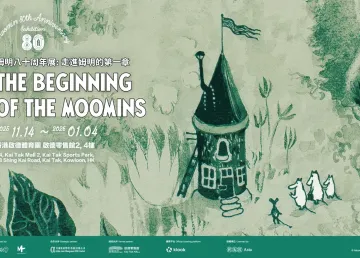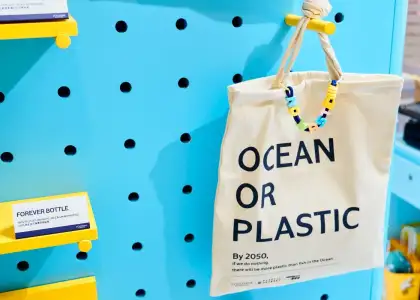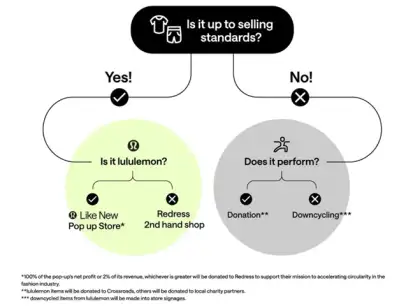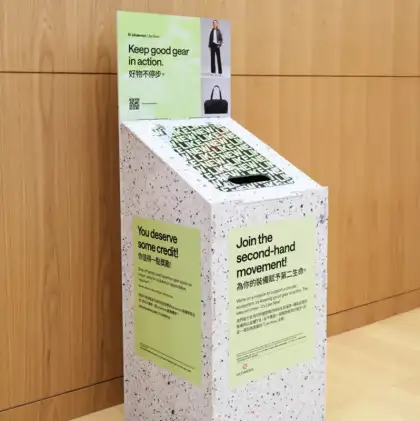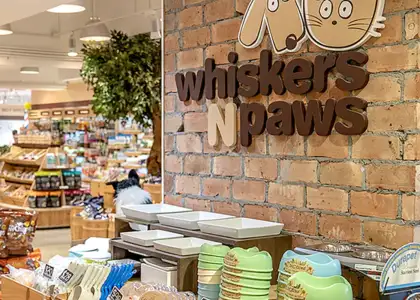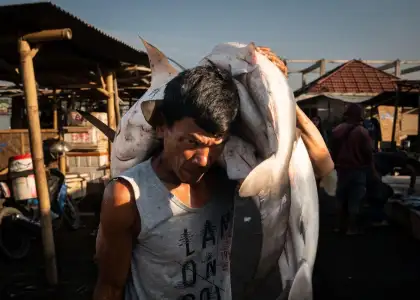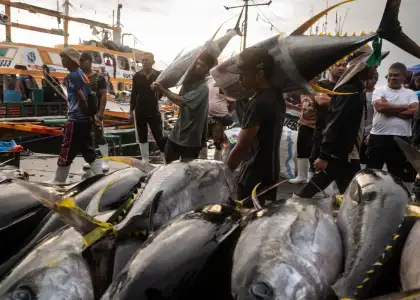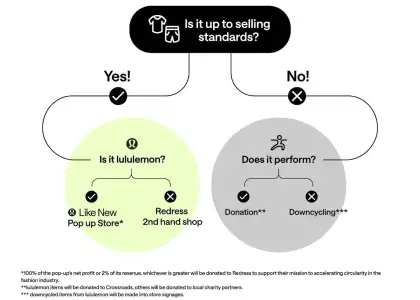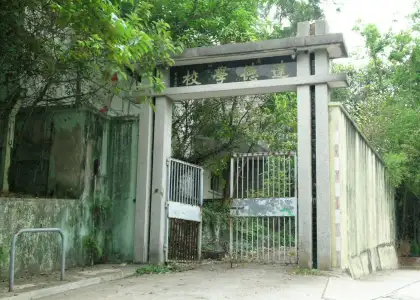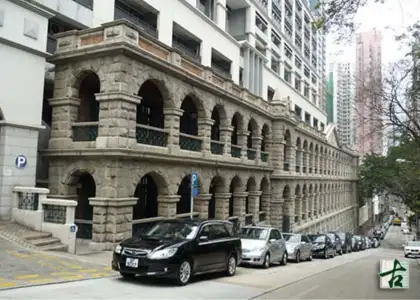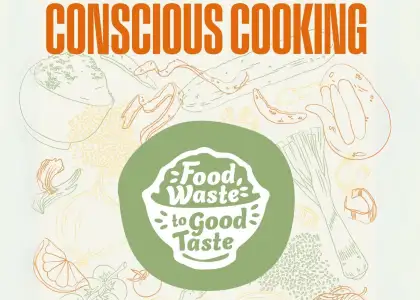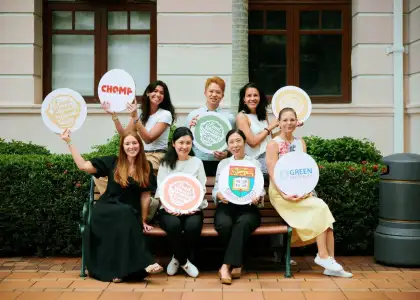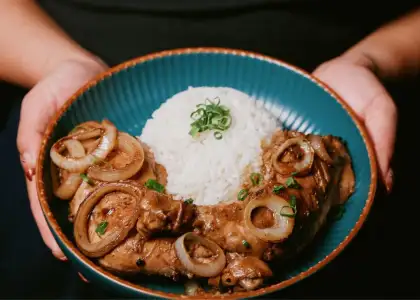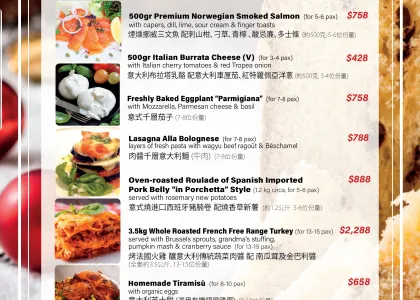Hong Kong's Food Waste Problem and What We're Doing About It
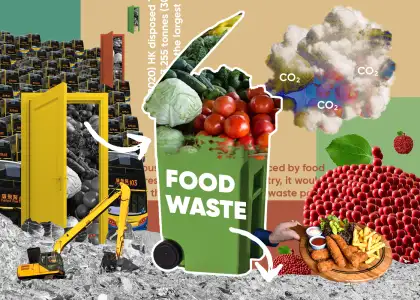
Hong Kong is a city that enjoys a worldwide reputation as a dining paradise. Yet turn this glamorous depiction over on its head and you will find a bulging underbelly that’s full of piles upon ever-growing piles of food waste. With the average Hong Konger scraping off up to 71 kilograms in uneaten scraps from their plates each year, it is long overdue for the city to hold a mirror, or a shiny spoon perhaps, up to reflect the culture of excess and overconsumption that could easily be avoided.

The pressing issue of excess food waste has even earned its own dedicated mascot—recognise this curious creature? Funnelling their efforts into a four-pronged Food Waste Management Strategy, the government initiated the first stage of reducing waste at its source by pushing this orange-skinned, oddly-shaped and perpetually grinning mouthpiece into the spotlight to discourage everyone from becoming a “Big Waster” like itself. As part of the Food Wise Hong Kong Campaign that started back in 2017, the mascot’s appearance is oft an accompaniment to informative workshops and promotional projects that aim to educate. As environmentalist issues are still considered a niche interest, this rollout is an essential step in engaging enterprises as well as the public.
The main scheme also redirects food waste by targeting charities that bring surplus food to impoverished groups. Operating through the Environment and Conservation Fund, non-profits are granted a channel to the commercial sector where they can coordinate projects directly, as well as monetary support. Hong Kong has a few operating food banks, including Food Angel, Foodlink Foundation, Food Grace, and Feeding Hong Kong, all of which work closely with the hospitality industry and food vendors to minimise the city’s negative impact.
Government Efforts in Collecting Food Waste
Unfortunately, food waste is still unavoidable, and the situation in Hong Kong is quickly sinking into a quicksand of landfills that are nearly reaching overcapacity. In recent years, the segment that trickles down to the latter stages of the strategy is managed through public collection and recycling. The government had introduced a pilot scheme in 2021 that takes in separated food waste to be converted into energy and compost.
Smart bin technology was installed at public housing estates amongst the various neighbourhoods, harvesting spoils that get transported to O·PARK1, a Resource Recovery Centre that transforms unwanted trimmings and scraps into an electric energy source with properties comparable to natural gas. The processing plant is geared to take in up to 200 tonnes of food waste a day, which equates to 14 million kilowatts of electricity a year, and a cut on 42,000 tonnes of greenhouse gases a year.
When disposed along with other forms of solid waste, leftover food is neither reusable nor recyclable, causing the government to face much more difficulties in processing the resulting waste effectively. Not only does this waste occupy more of the already overused landfills, but decomposing food is also known to release methane, which is a type of greenhouse gas that damages the environment. Ultimately, it’s us as everyday eaters that have the most power to solve the problem from the source.

CHOMP to the Rescue
Enabling us to make smarter food choices, CHOMP is a “food rescue app” launched just last August, that sources excess production from restaurants and eateries all over the city to be sold as discounted curations of food items which have been “rescued” from rot. Joining hands with Hong Kong’s favourite cafés and restaurants, diners use the CHOMP app to order a “Mystery Box” of unsold nosh that’s either been cooked on the day or that must be consumed before the end of its short shelf life, before picking it up at their chosen shopfront.
Zeroing in on the city’s love for good food, their sustainability-focused business brings about a win-win opportunity by connecting both small-scale and big-name F&B vendors, most of whom have been hit badly by the pandemic, with gourmands who are always eager to try new things or simply enjoy a top-quality meal. Built with the goal to create a community centred around sustainable eating, and honouring food by preventing it from becoming waste, CHOMP is one of Hong Kong’s trailblasers in encouraging sustainable practices, pushing it closer towards breaking into the mainstream lifestyle.
Subscribe to The Beat's newsletter to receive compelling, curated content straight to your inbox! You can also create an account with us for free to start bookmarking articles for later reading.




